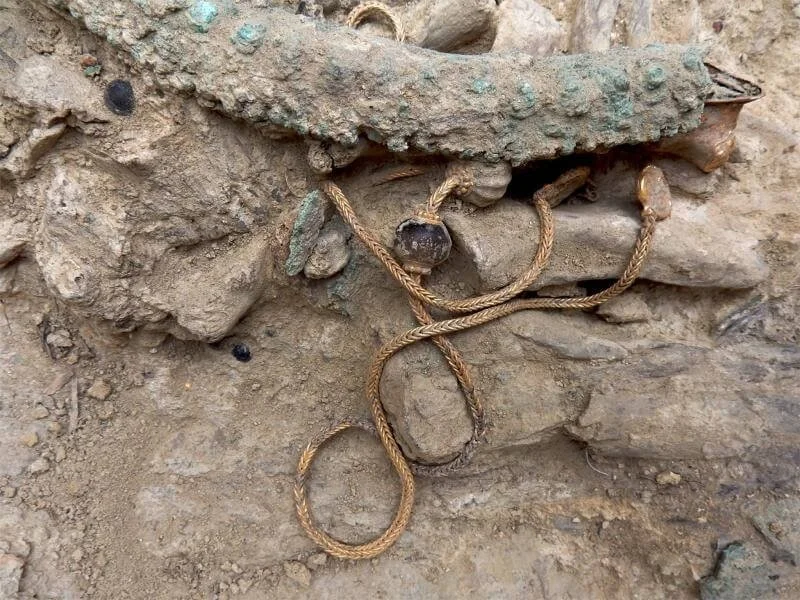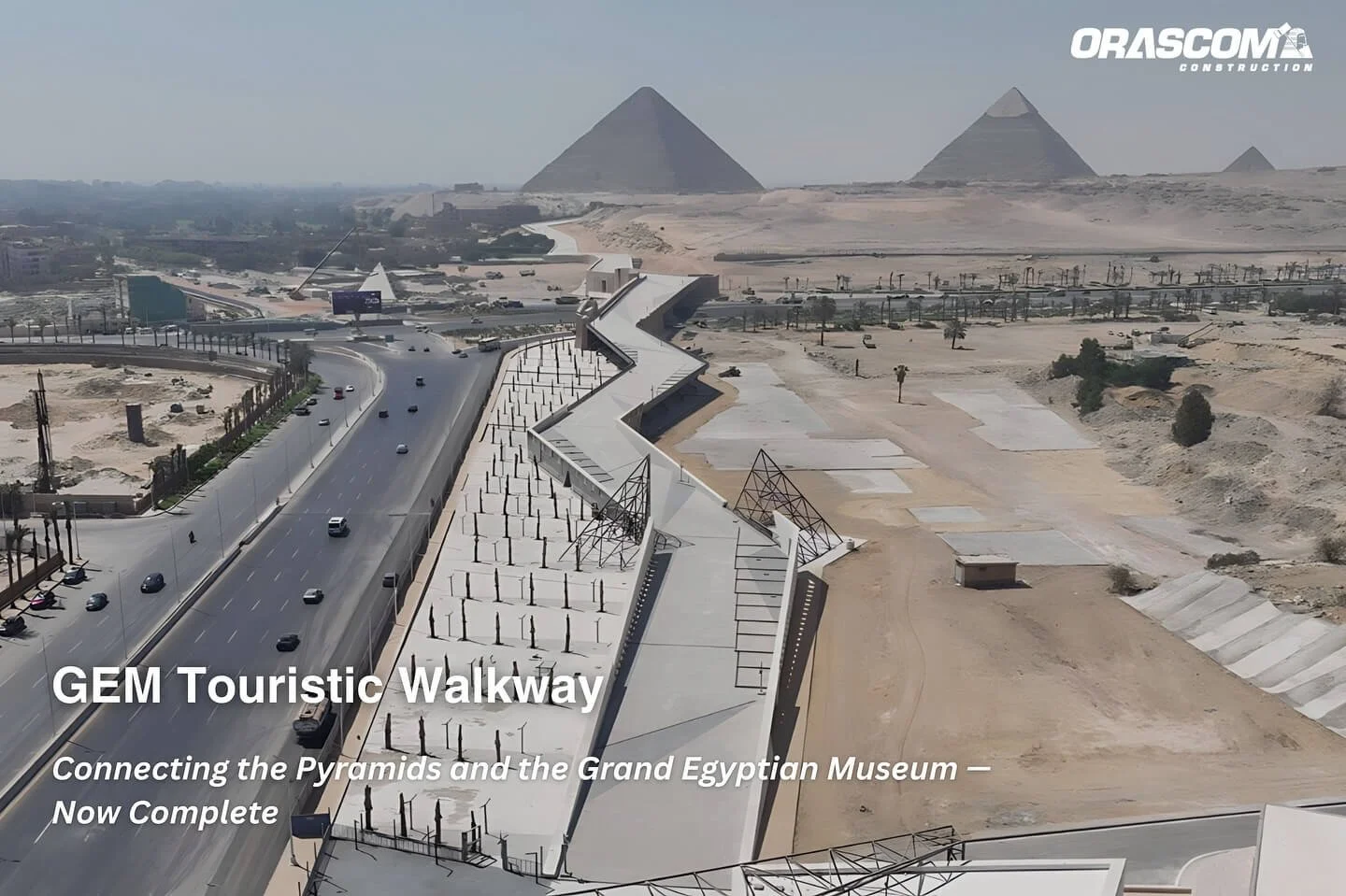The intricate patterns created by mystical and religious practices frequently go unnoticed in the rich tapestry of ancient Greek culture, which frequently highlights the gleaming threads of rationalism and philosophy. Yet, these elements were not merely peripheral but central to the Hellenic world, profoundly influencing its most celebrated thinkers and shaping its spiritual landscape. This exploration into the mystical dimension of Ancient Greece reveals a realm where the divine and the human interlace, leading us through a labyrinth of rituals, beliefs, and transcendental experiences that challenge our modern perceptions of the ancient past.
The Philosophical and the Mystical: A Symbiotic Relationship
Contrary to the prevalent view of ancient Greek thought as purely rationalistic, figures like Plato stand as testaments to the seamless blend of philosophy and mysticism. Plato, whose dialogues lay the foundations of Western philosophy, navigated beyond the realm of reason, engaging deeply with religious rites and mystical experiences. This duality underscores a vital aspect of Greek thought: the conviction that understanding the divine and metaphysical dimensions is integral to grasping truths about the world and ourselves.
Unveiling Greek Mysticism
The very term 'mysticism' finds its roots in the Greek language, encapsulating concepts of concealment and initiation. Ancient Greek mysticism is characterized by personal encounters with the divine, often mediated through rituals that induce altered states of consciousness. These experiences were not fringe phenomena but pivotal events in the spiritual life of the community, offering insights into the nature of reality and the divine.
The Eleusinian Mysteries: A Portal to the Divine
Among the most significant of these mystical practices were the Eleusinian Mysteries, a series of initiation rites held in honor of Demeter and Persephone. These ceremonies, shrouded in secrecy, promised participants a profound transformation, guiding them through experiences that simulated death and rebirth. The initiation marked a turning point, endowing the mystai with a new understanding of life, death, and the divine, thus integrating them into a mystical fellowship.
The Dionysian Ecstasy and Orphic Mysteries
The cult of Dionysus, associated with uninhibited frenzy and ecstasy, represents another facet of Greek mysticism. Participants engaged in rituals that transcended the ordinary limits of self, seeking liberation and union with the divine through ecstatic dances, music, and, possibly, the use of intoxicants. Orphism, linked with the legendary figure of Orpheus, delved into themes of death, rebirth, and the soul's journey, offering a complex mystical framework that influenced later philosophical thought.
Philosophy, Mysticism, and the Quest for Truth
The mystical undertones in the philosophies of Parmenides and Plato highlight the profound relationship between mystical experiences and philosophical inquiry in ancient Greece. Parmenides' vision of reality as an undivided whole, revealed through mystical insight, and Plato's exploration of love, beauty, and the divine madness that leads to true wisdom illustrate how mysticism and philosophy were intertwined paths to understanding the cosmos and human existence.
Eros, Mania, and the Divine Madness
Central to this mystical-philosophical nexus is the concept of Eros, the force of love that binds the divine and the human, leading the soul on its transcendental quest. Plato's acknowledgment of Eros and mania as essential for perceiving truth underscores his belief in the necessity of transcending rational thought to achieve a direct, intuitive grasp of the divine.
Conclusion: A Legacy of Mystical Wisdom
The exploration of mysticism in ancient Greece opens up a realm of understanding that goes beyond the conventional historical narratives dominated by political events and philosophical discourses. It reveals a world where the quest for knowledge and the divine were deeply interconnected, reminding us of the multifaceted nature of human spirituality and the enduring quest for a deeper connection with the cosmos. As we continue to uncover and interpret the mystical practices of the ancient Greeks, we gain not only insights into their world but also into the universal quest for meaning, transcendence, and the divine that continues to inspire humanity.








